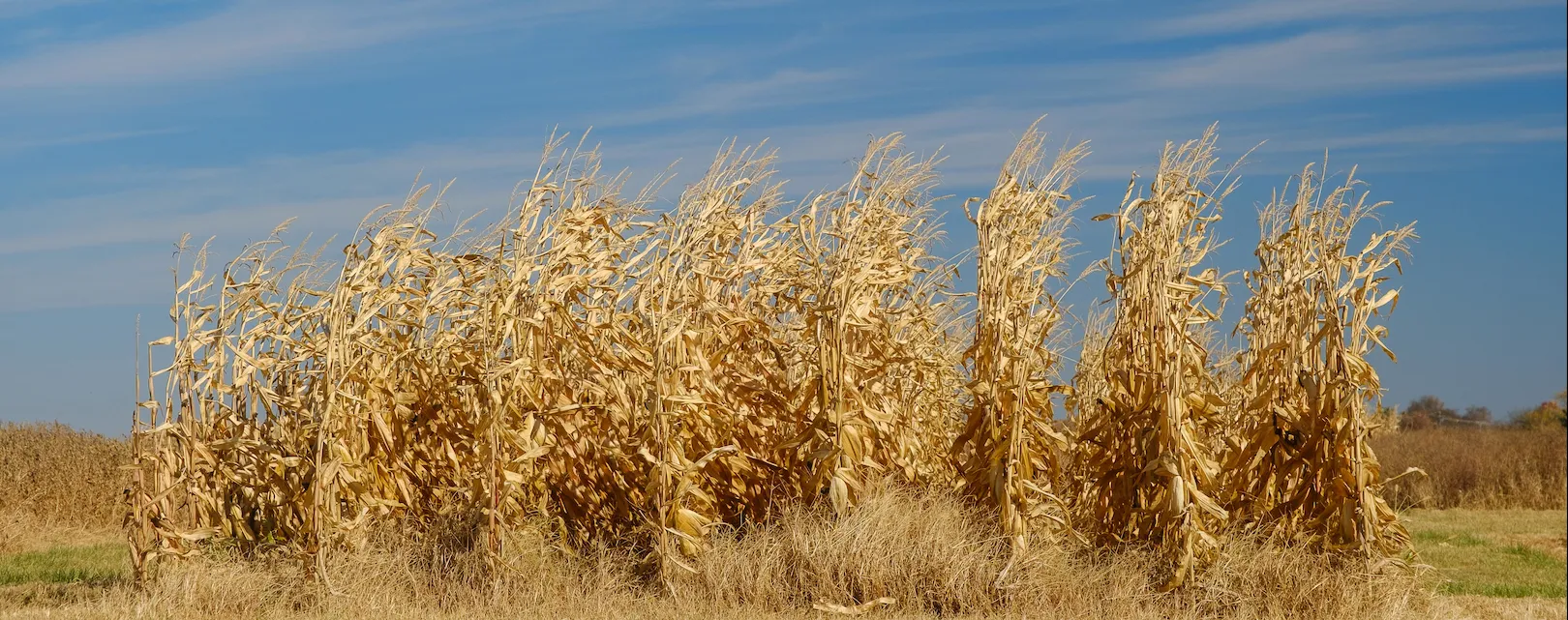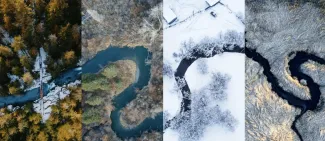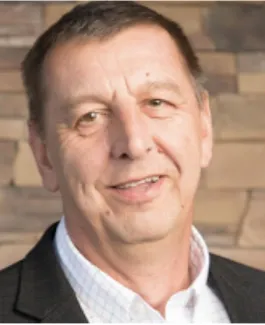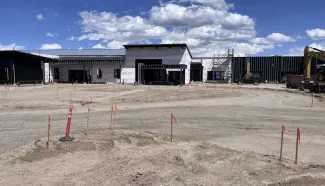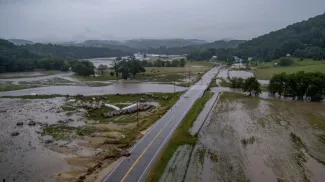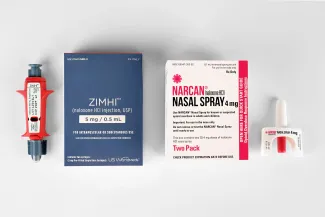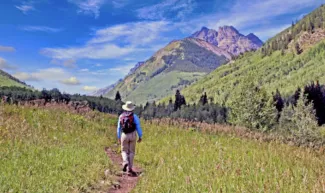This year's election issues have energized college student voters to weigh in on state and national issues. "Students had a decisive impact in several battleground states in 2022," reports Jon Marcus for The Hechinger Report, which covers education. "And they want to do it again."
What comes after Nov. 5? Most Americans and the betting markets believe that Kamala Harris will win the election. . . . No matter what happens, we need to find center again. Quick like. . . . What the Republic cannot endure, and which gives enemies of freedom oxygen, is the contempt that has taken hold American-to-American.
Scientists aim to fight global warming by adding ground limestone to oceans and rivers, report Brad Plumer and Raymond Zhong of The New York Times. The Earth's water sources "contain carbon dioxide that is constantly escaping into the air, where it traps heat and warms the planet. Adding limestone converts some of that carbon dioxide into a stable molecule that instead stays underwater and washes into the sea, where it should remain trapped for thousands of years."
In 2017, Malheur County, Oregon, was promised a rail center that would change the economic future for the area. As the project got underway, Les Zaitz, publisher of the community's newspaper, the Malheur Enterprise followed its progress. When the buildout started to falter, Zaitz doggedly reported on it.
In an emergency, most people call 911 and expect a dispatcher to answer the call and send help to the correct place. But U.S. emergency centers are facing their own crisis and not every dispatch is getting sent to the right place.
Some rural communities in Wyoming, Kansas and Georgia are "bucking the trend" and building new hospitals instead of closing them. Sublette County, Wyoming, is one of those places. The county has never had a hospital, but it's building a 10-bed, 40,000-square-foot hospital, "with a similarly sized attached long-term care facility."
Deteriorating dams have left many U.S. communities searching for affordable, safe options. "Dams across the country are aging, and also facing pressures from urban sprawl and intensifying floods wrought by climate change," reports Madeline Heim of the Milwaukee Journal Sentinel. "The price tag to fix what’s broken, though, is estimated in the hundreds of billions of dollars, meaning dam owners could face hard questions about what to do with them."
"Understanding how fentanyl saturated the drug supply, moving from the East Coast of the U.S. to the West, is critical to ending the worst drug crisis in American history."
A shared passion for protecting Colorado's Thompson Divide brought together a group of people with few other interests in common. "The drilling leases in a pristine corner of Colorado seemed like a done deal. But then an unlikely alliance of cowboys and environmentalists emerged. And things changed.
